Once upon a mission to South Sudan
Ensuring our patients have access to effective and affordable medicines is every pharmacist’s dream come true.
I embarked on a posting to Old Fangak, South Sudan in August 2019 for six months and was the Project Pharmacist at the MSF hospital there. Working for MSF has been something I’ve wanted to do for a long time since my family originate from Yemen and I’m very familiar with the incredible work MSF carries out there and in many other countries around the world.
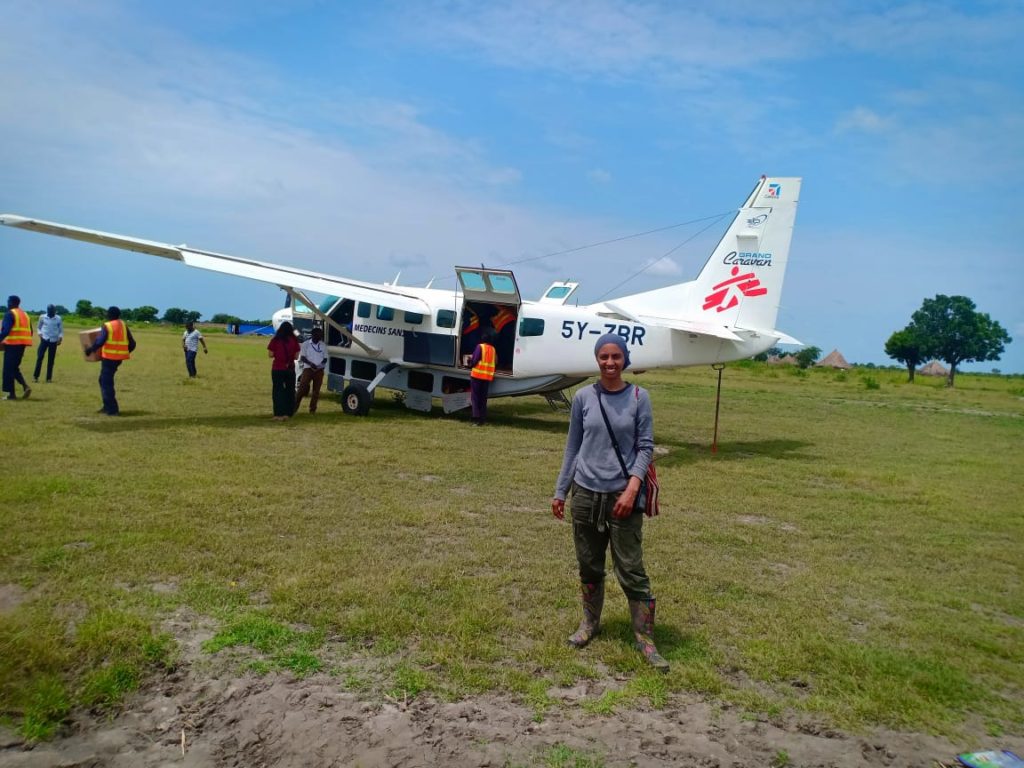
Lamya on the ground in South Sudan
One of the main responsibilities of the pharmacy in Old Fangak was to monitor the stock of medicines to the inpatient wards, outpatient department and our outreach facilities. On this recent posting to Old Fangak, I struggled to come to terms with the availability of essential medicines such as antivenom for snakebites and in this period, we were indeed quite short on antivenom supply.
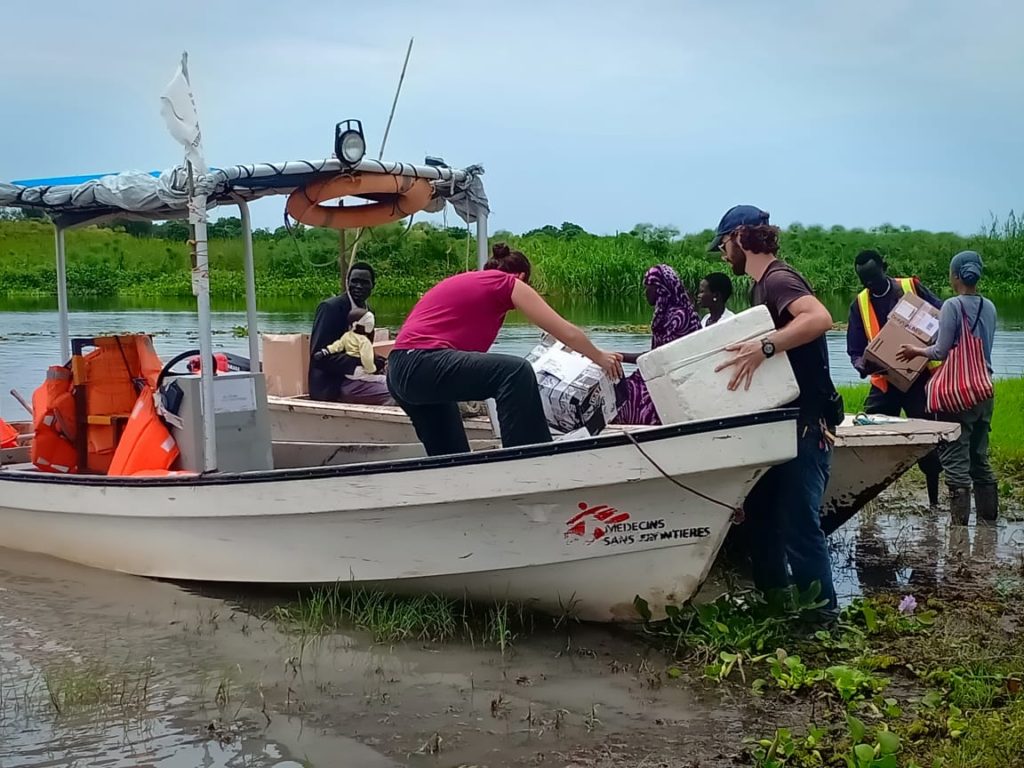
Embarking by water aboard the Médecins Sans Frontiéres boat
In the rainy season, which runs from May to November, the number of patients being admitted for snakebites in Old Fangak rises compared to admissions in the dry season. Since an individual dies from a snakebite every four minutes worldwide, early access to antivenom in patients who require it can be life-saving and critical for reducing morbidity and mortality.
All in all, medicines such as antivenoms should never have to be a luxury!
Most antivenoms require refrigeration and are an important treatment that can potentially prevent or reverse the majority of effects caused by snakebite envenoming. However, in Old Fangak there are numerous barriers to effective treatment. Old Fangak is firstly located in a swamp region where access to healthcare is extremely limited. There are also a lack of appropriate transport networks, and most patients will walk hours to seek care at the MSF hospital located there. To make matters more complicated, during this rainy season, the MSF planes cannot land on the airstrip due to the flooding of the river. And In the remote areas where our outreach teams are able to travel, maintaining the integrity of the antivenom can additionally be difficult.
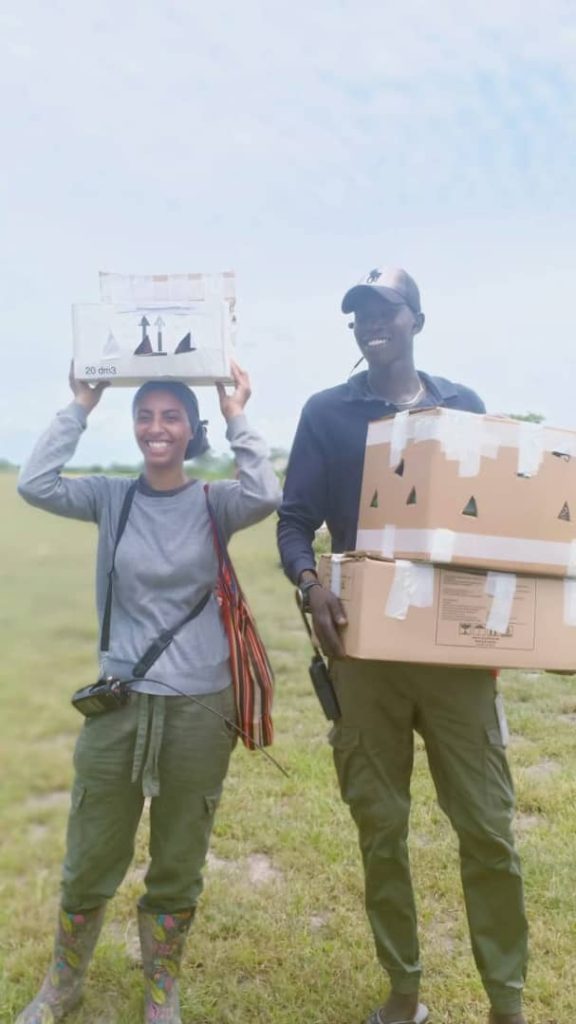
Lamya gathering supplies
Some of the thoughts running through my mind whilst working in the pharmacy include considerations such as “what if we have six severe snakebite patient admissions to the hospital this month instead of three as predicted, will the number of antivenom vials we hold as stock in our cold-chain be enough”? The constant worry from month to month can be incredibly stressful.
When stock of antivenom was low, I immediately contacted the pharmacy team in coordination to make them aware and to see if we could obtain a donation from another MSF project.
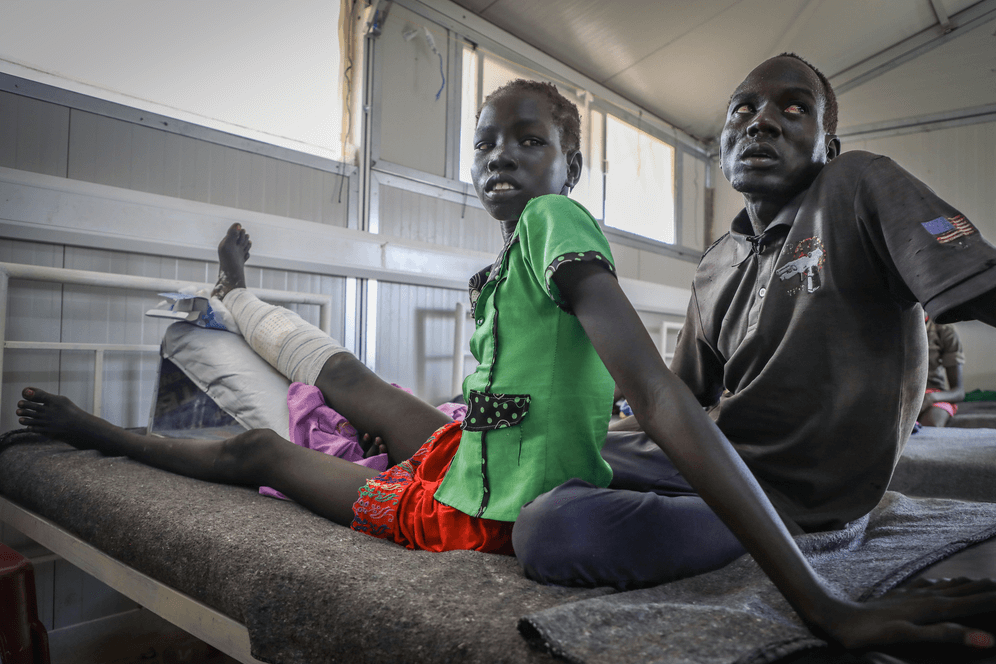
Arnal Lual, 13, and her brother-in- law, Paulino Deng, are from Majbong. Arnal was bitten on the leg when she stepped on a Puff Adder while playing outside her neighbour’s house in the evening. They came to the hospital in a vehicle , but it got stuck in the mud on the road for an hour and a half. Arnal was in pain and her leg continued to swell. They ended up walking for two hours to reach the Agok hospital. There, she received antivenom and had several operations. Photo Credit: Fanny Hostettler
The process of ordering medicines in the UK, where I’m from, to that of rural South Sudan is completely different. In the UK, we may order medicines for a prescription and receive the stock within a few days at the latest. In Old Fangak on the other hand, medicines are ordered seven months in advance based on a forecasted monthly consumption and these medicines are used up until the next order arrives – unless we run out of stock too soon!
High quality antivenoms can also be extremely expensive, which limits the amount of medication we can realistically keep in the pharmacy due to a given budget. All in all, medicines such as antivenoms should never have to be a luxury!
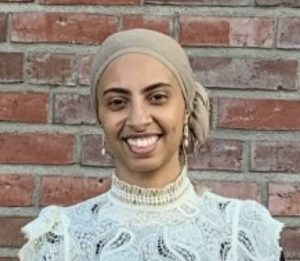
Lamya Abdi is a clinical pharmacist at the Shropshire Community Health NHS Trust. Her dream mission with Mission to South Sudan took place between August 2019 and February 2020
This blog was written as part of the Women Champions of Snakebite campaign, supported by the Lillian Lincoln Foundation, Health Action International and Global Snakebite Initiative.
This blog is licensed under a Creative Commons Attribution-NonCommercial 4.0 International Licence. View a copy of this licence at https://creativecommons.org/licenses/by-nc/4.0/
